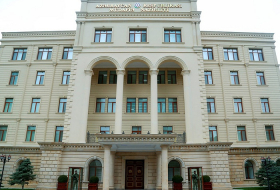Inflation in Germany eased noticeably in October, falling to its lowest level since August 2021, pointing to a substantial cooling in headline inflation in the euro zone.
German inflation eased in October to 3.0%, the federal statistics office said on Monday.
German consumer prices, harmonised to compare with other European Union countries, had risen by 4.3% year-on-year in September.
Core inflation, which excludes volatile food and energy prices, fell to 4.3% in October from 4.6% in the previous month.
While headline inflation is likely to ease further in the first few months of the coming year, the core inflation rate should stabilise around 3% by spring at the latest, Commerzbank economist Ralph Solveen said.
"We expect underlying inflation to remain significantly higher than the ECB would like in the coming year," Solveen said.
Higher-than-forecast inflation is seen as one of the main risks by central bankers, as it could extend the tightening campaign of central banks, keeping interest rates higher for longer.
Euro zone inflation is expected to ease to 3.2% in October from 4.3% in September, according to economists polled by Reuters. Inflation data will be published on Tuesday.
Demographics, derisking and decarbonisation all argue in favour of upward pressure on price levels, ING's global head of macro Carsten Brzeski said.
"At some point in time, the European Central Bank might regret that it redefined its inflation target at 2.0% and not at around 2%," Brzeski said.
More about:













-1747837442.jpg&h=190&w=280&zc=1&q=100)


































